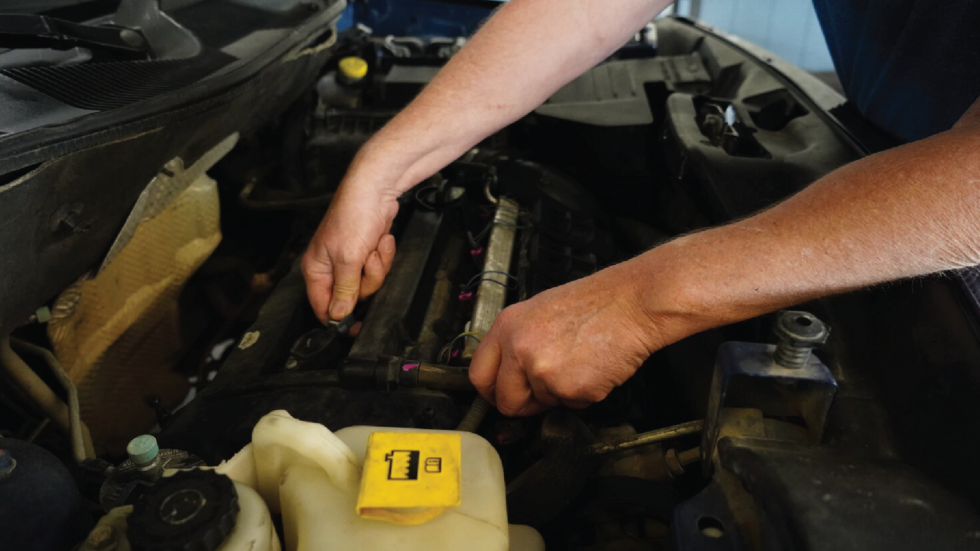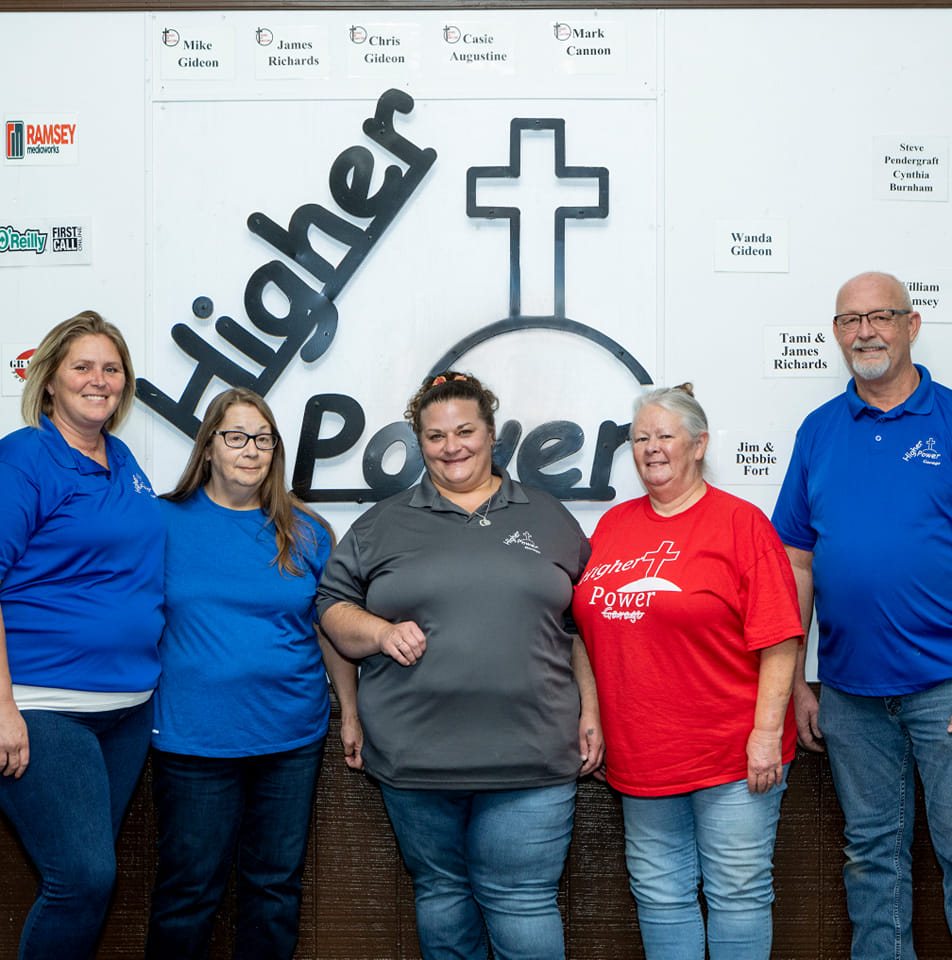Life Transformation Through Repaired Transportation: Higher Power Garage
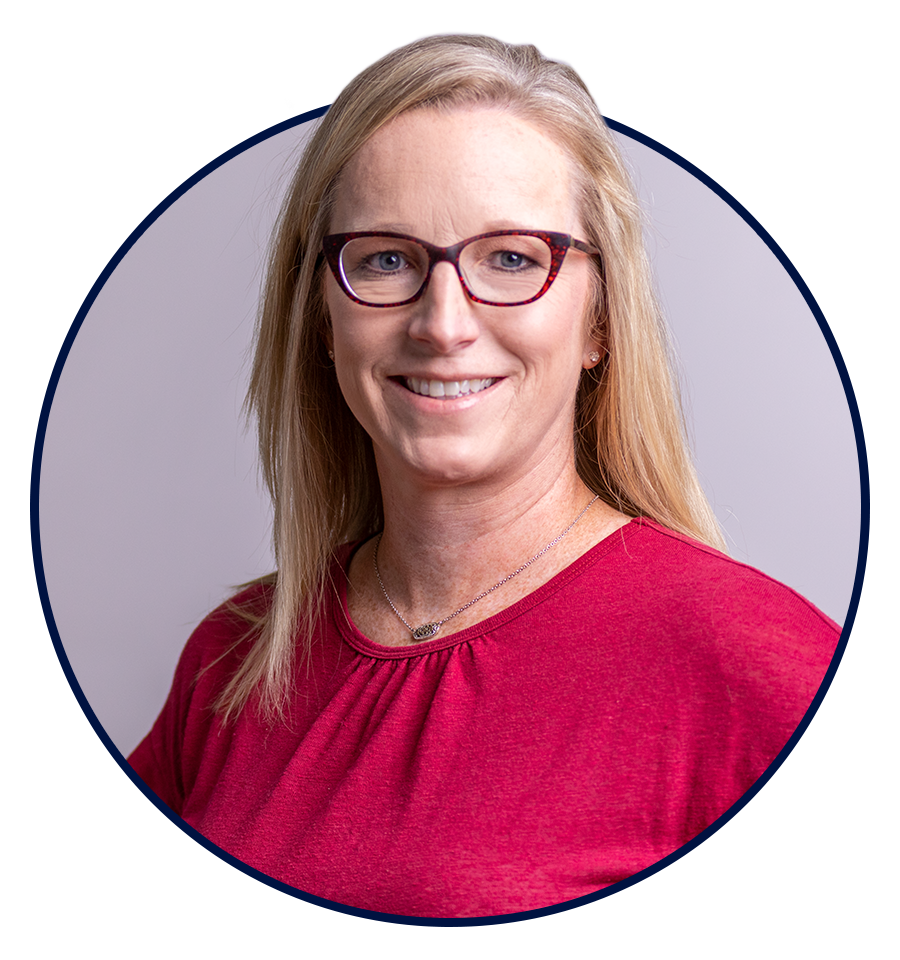 Amanda Fisher
Amanda Fisher
Community Engagement Director
Read more from Amanda
Listen to this article:
The cost of owning a vehicle can be frustrating during the best of times. But for people struggling in poverty, a vehicle is more than just getting from point A to point B; it is key to getting ahead. A broken-down car can be the catalyst to a downward spiral of events such as job loss, inability to care for kids, and even homelessness.
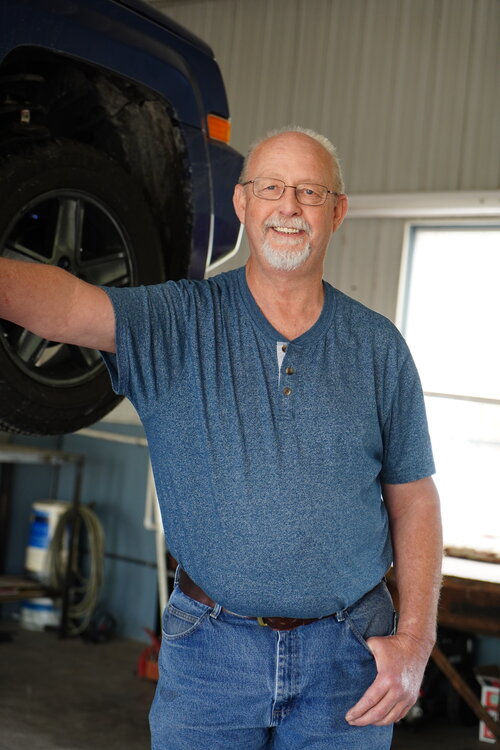
Mike Gideon, founder and director of Higher Power Garage
Mike Gideon – Christ-follower, gifted mechanic, and owner of Gideon’s Tire and Auto in Joplin, MO – met many individuals facing barriers to transportation through his business. The limited public transportation options were expensive and became worse when the city’s trolley system closed. Mike helped people with free or discounted repairs through his shop as his time and resources allowed. As the needs became greater, Mike was led to minister on a larger scale. He opened Higher Power Garage in 2020 with a mission to not just “fix cars,” but to help people “fix their lives.”
Higher Power Garage Staff
In the beginning, Mike and one of his employees were the only volunteers and had no funding or equipment. Since that time, the nonprofit has increased to three paid staff positions, multiple supportive donors, an expanded garage with new equipment, and an average of thirty car repairs monthly. They have donated more than $120,000 worth of free labor and have provided a total of forty-five families in need with low-cost vehicles.
Higher Power’s two charitable programs, Vehicle Repair and Low-Cost Vehicle, are designed with individual development in mind rather than short-term relief, challenging clients to be part of the process. For the Vehicle Repair Program, they provide the labor for free while the client is responsible for the cost of parts. For the Low-Cost Vehicle Program, the client contributes $500 and the licensing fees. Additionally, to ensure they partner with individuals who need it most, they implement careful discernment.
Let’s take a look at the details:
Implementing Challenge
Mike acknowledges the importance of not just “doing for,” but “doing with” the client; both parties are mutually invested in partnership.
For the Vehicle Repair Program, the number of repairs per family is limited to three annually, with increased challenge for each repair. Here is the breakdown of investments at each level:
- First repair: The owner pays for the parts, and Higher Power provides the labor at no charge.
- Second repair: The owner pays for parts and completes community service at one-half the rate of labor hours (i.e., 3 hours of labor = 1.5 hours of community service).
- Third repair: The owner pays for parts and completes community services at an hour-for-hour rate of labor hours (i.e., 3 hours of labor = 3 hours of community service).
For community service completion, clients are encouraged to serve their local church, again, with Higher Power making that connection if one doesn’t exist. Other examples of community service include volunteering at a hospital, a homeless shelter, or another nonprofit. The service must be completed within a week with proof from the partnering organization.
As an alternative to community service, many individuals choose to attend one of two developmental classes offered monthly at Higher Power: Basic Budgeting and Basic Car Maintenance.
The Basic Budgeting Class requires clients to bring check stubs and bills for developing a budget. Clients are also exposed to the meaning and usage of credit scores and tips for improvement. Mike’s goal is to increase confidence and often refers clients to longer-term, in-depth budget assistance programs in the community.
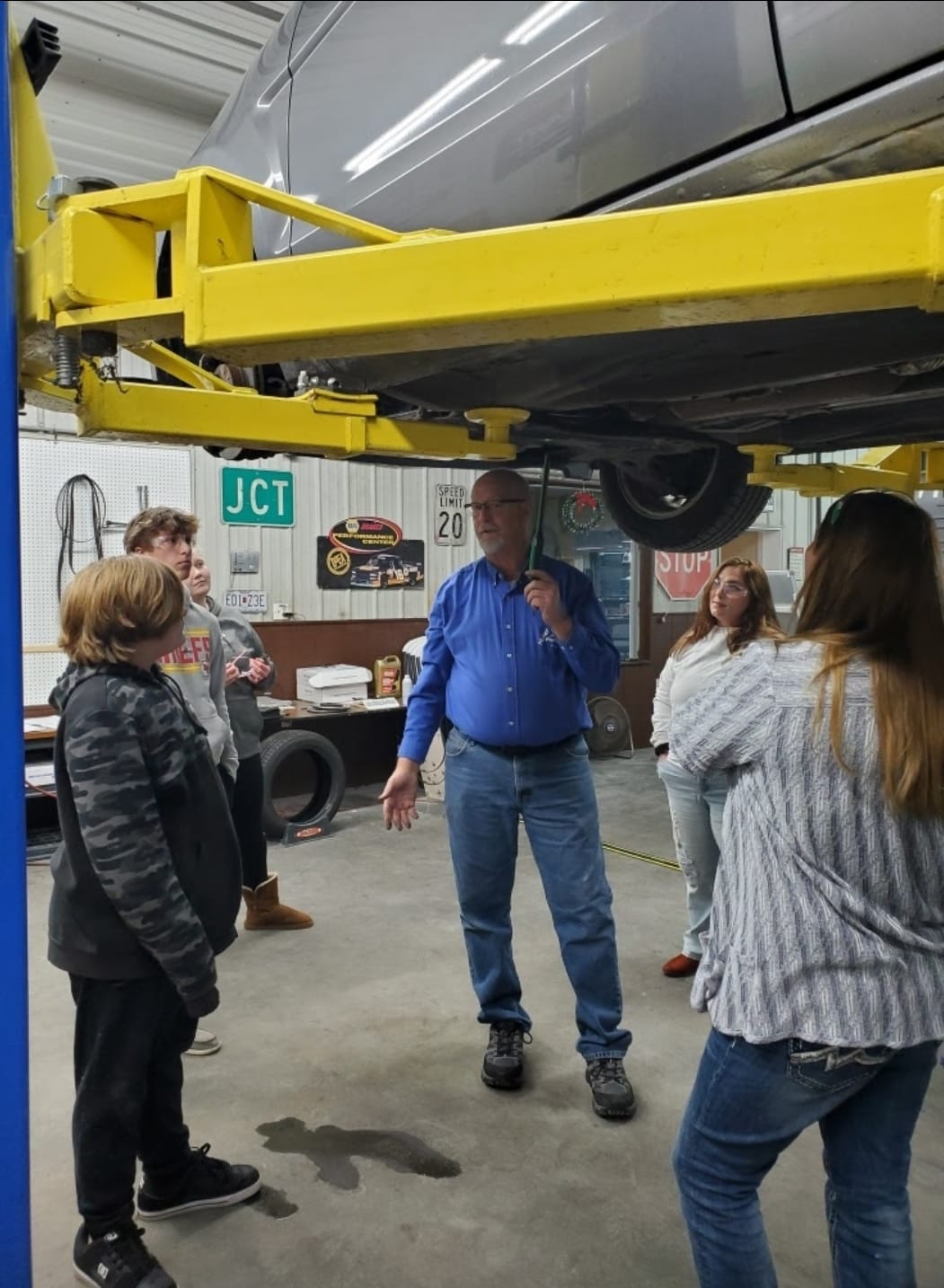
Higher Power Basic Auto Repair Class
In the Basic Car Maintenance Class, students learn how to check the oil and tires, determine the meaning of warning lights on the dash, understand which fluids go where, identify car parts and function, change a flat tire, and safely handle a vehicle if it breaks down.
For the Low-Cost Vehicle Program, qualifying individuals must be employed 30+ hours/week. They must present a budget showing they can afford the ongoing cost of car ownership. Families chosen to receive a vehicle are required to pay $500 for it, even if Higher Power’s cost to get the vehicle safely running is more.
Practicing Discernment
Once an individual has met the prerequisites listed on the website, they complete an online application and a follow-up interview, which allows for a thorough investigation of each situation. Typical clients are single parents, widows, veterans, recovery program graduates, or those with fixed incomes, but those most in need are prioritized.
When a client is selected, staff members gather necessary vehicle, licensing, and insurance information. Most importantly, though, they spend time getting to know each client’s specific situation. The application information is used to explore further the category of need. They ask about others in their support system, such as family, friends, and their church. If they aren’t connected to a church and would like to be, Higher Power reaches out to church partners in the area to invite them.
For those in need of a low-cost vehicle, the applicant is required to write a letter of impact that states how vehicle ownership will help them. These are used to prioritize need; for example, a family with a child who has a chronic illness with many medical appointments will be prioritized relatively higher. Used donated vehicles are scarce and, when they are donated, typically need many repairs. Discernment is vital to ensure these donations are being stewarded wisely.
Lessons Learned
To avoid road bumps, Mike suggests:
- Start with prayer. According to Mike, getting a strong prayer group behind you is the most important thing you can do. Having churches and other community partners praying for the ministry has ensured healthy relationships in the community.
- Emphasize relationships. Intentionality in building relationships with clients has increased over time. Prayer and church connection is offered with every client, and the post-repair follow-up not only includes checking on the vehicle but also on the person’s situation.
- Practice careful documentation. In the beginning, when there was no response to an initial contact attempt with an applicant, the application easily got lost in the shuffle. They have since developed a system of attempting to contact applicants via multiple methods (i.e., a phone call plus an email and a text message), and documenting each attempt. This thorough method has increased successful contacts, and applications don’t get filed away inadvertently.
- Narrow program parameters. When they started, they accepted most every applicant. But, many came back repeatedly, expecting Higher Power to be their regular repair shop. This dependency was the opposite of their goal! Wanting clients to improve their situations and eventually afford a regular repair shop, they implemented a three -repairs-per-year policy with increased incremental investment from applicants. Having tried several policies, this has been most successful, with only 20% returning within a year.
- Prepare for opposition. When Mike first shared his vision, many commented, “Who doesn’t want free auto repair?” With his continued education and shared successes, there is a better understanding in the community of the mission to empower clients. The rare opposition is from individuals who apply and don’t meet the qualifications. Because of the limited donated vehicles and other resources, there is often a waiting list requiring a careful selection process, so not every applicant can be accepted.
- Expect the unexpected. Mike knew transportation was a community-wide problem, but he didn’t realize the depth of individuals’ trauma. Though overwhelming at times, getting to know peoples’ stories has strengthened his resolve. He is fortunate to have staff members who have experienced poverty to help him learn and be more effective in his work.
- Ensure pure motives. Mike has met with people from other communities who are interested in doing something similar, only to find out their ultimate goal is to grow their for-profit businesses. He cautions that this ministry won’t be successful if your aim is financial gain.
- Don’t be afraid to challenge people! It may be uncomfortable to ask an elderly person to do community service in exchange for car repairs. However, Mike has many examples of clients who have completed community service in exchange for repairs and have ended up loving the experience and continue to volunteer long-term. “It’s not about just getting them to pay but encouraging them to get engaged.”
Sam, a disabled military veteran, spent several years homeless and in alcohol addiction. Once sober and in stable housing, Sam saved money to purchase a used vehicle, but the brakes immediately started grinding. Higher Power was able to fix the brakes, but, in getting to know him, they discovered the reason he wanted a car was to go back to work; he wasn’t satisfied dependent on a disability check. They connected him to a work program that placed him with an employer who eventually hired him full-time where he is still employed today! Higher Power was also able to connect him to a local church where he became a follower of Jesus, was baptized, and developed deep friendships.
Sam is the epitome of why Mike started Higher Power Garage. He looks forward to continuing to help people find freedom through transportation but, most importantly, the ultimate freedom found through the higher power of Jesus Christ.

This article is just the tip of the iceberg for the practical resources available through the True Charity Network. Check out all of the ways the network can help you learn, connect, and influence here.
Already a member? Access your resources in the member portal.

